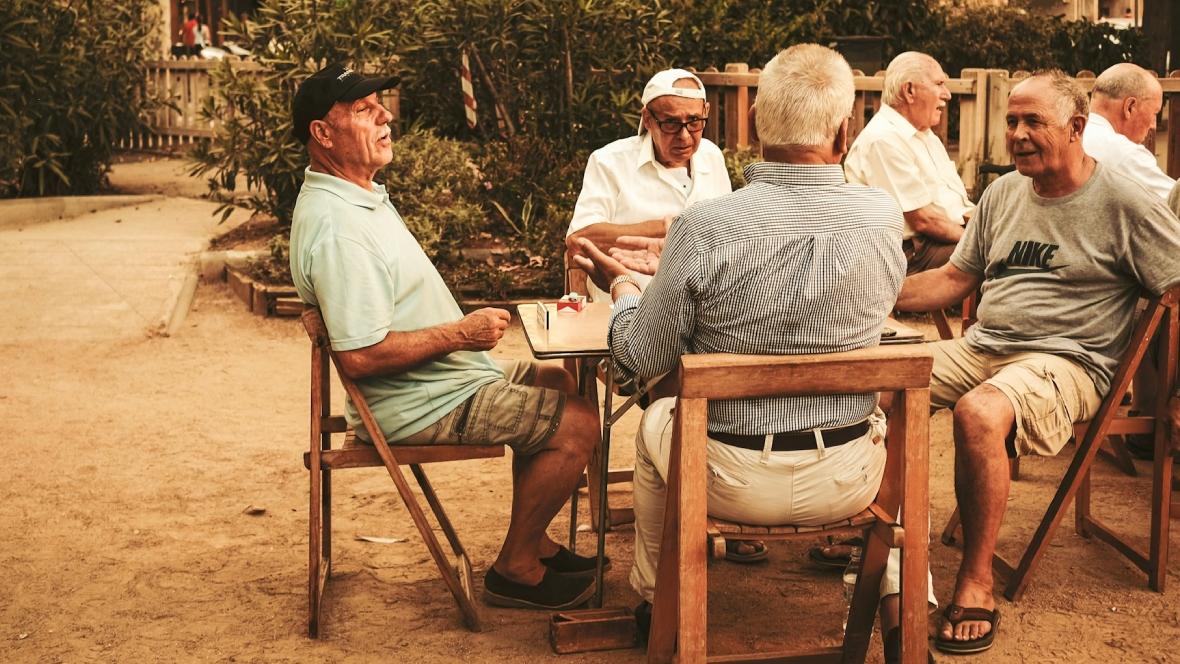Health as Life Capital: Keys to a Shared Longevity

Living longer is not enough. If we don’t invest in health, equity, and prevention, longevity will be nothing more than a broken promise.
Changing the Narrative: Aging Is No Longer Surrender
For decades, aging was perceived as an inevitable sequence of losses: of strength, autonomy, and social relevance. But science, demographics, and lived experience are helping to dismantle that defeatist vision. Today we know that aging does not have to mean decline.
In fact, in many parts of the world, living more years—and living them better—is already a concrete possibility, not just a privilege reserved for a few.
The New Landscape: Longevity as a Structural Phenomenon
Longevity is no longer a biographical exception—it has become a structural phenomenon. More and more people are living past 80, 90, and in some cases, 100. But the truly revolutionary change is not just the extension of time, but the opportunity for those additional years to be lived with health, autonomy, and purpose.
And that is closer than we think. The most recent studies confirm what many of us already suspected: the habits we cultivate throughout life—including in old age—have a direct and cumulative impact on our longevity and, more importantly, on its quality.
Science, Habits, and Active Hope
An analysis conducted with people over the age of 80 showed that those who maintained healthy habits—a balanced diet, regular exercise, not smoking, moderate alcohol consumption—were up to 60% more likely to become centenarians than those with less healthy lifestyles.
This data not only busts myths (“it’s too late to change”) but introduces an active hope: health in old age can be cultivated. It’s not just about genetics—it’s also about attitude, environment, and opportunity.
Another longitudinal study in China showed that even individuals with high genetic predisposition to chronic illnesses could live longer and better if they maintained a healthy lifestyle. Genetics is not a sentence. The way we live can modulate risks and open new possibilities. This idea empowers—but it also places responsibility on public policy to create environments that make it possible.
In Taiwan, another study revealed that meeting five basic habits—not smoking, eating fruits and vegetables daily, maintaining a healthy weight, engaging in regular physical activity, and limiting alcohol consumption—increased life expectancy by more than seven years and significantly reduced healthcare costs. Prevention doesn’t just save lives—it also reduces expenses. Health, quite literally, pays off.
From Curative to Preventive: A Revolution Still Pending
We keep investing more in repair than in prevention. As if health were an emergency room and not a journey.
Thinking about longevity cannot be limited to thinking about years. It must mean thinking about health. And not health as the absence of disease, but as the ability to participate in life. To keep moving, learning, deciding, loving.
But that requires a change in approach. For too long, the healthcare system has been reactive—it waits for damage to appear before it intervenes. The longevity revolution requires a different paradigm: proactive prevention, early detection, and continuous support.
The medicine of the future begins in the present—rooted in everyday life.
Health Is Not Built in Isolation
This means recognizing that health is a shared responsibility. Yes, of the individual—but also of the environment, the community, and institutions. There’s no point in recommending physical activity if sidewalks aren’t walkable. There’s no sense in promoting healthy eating if fresh foods are inaccessible.
Health is not built in isolation—it is built through networks
And that network must be intergenerational. Because the benefits of healthy aging aren’t only for those already in advanced age. They are for society as a whole. An 80-year-old in good health is more autonomous, less dependent, and better able to contribute experience, time, and care.
They are a social asset, a family anchor, a community engine.
A Collective Task, for All Ages
Preparing to age well cannot be an individual task. It should be public policy—and a social pact. We should teach from childhood that self-care is not a luxury, a fad, or a moral burden: it is a way of dignifying life—and of extending that dignity as far as possible in time.
Because living longer is not enough. What truly transforms is living better. And that starts today. With every step, every meal, every connection.
That future is built together. And it begins today, with decisions that add health to every life.
What if taking care of our health today is the wisest way to write the future?
